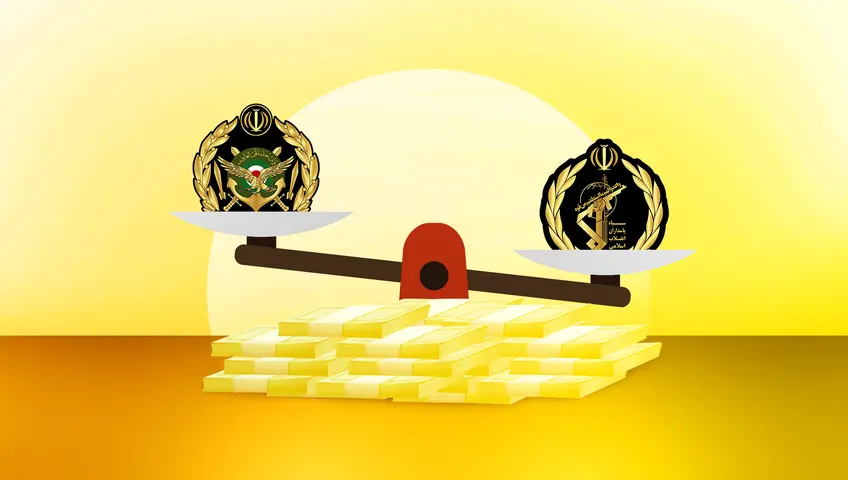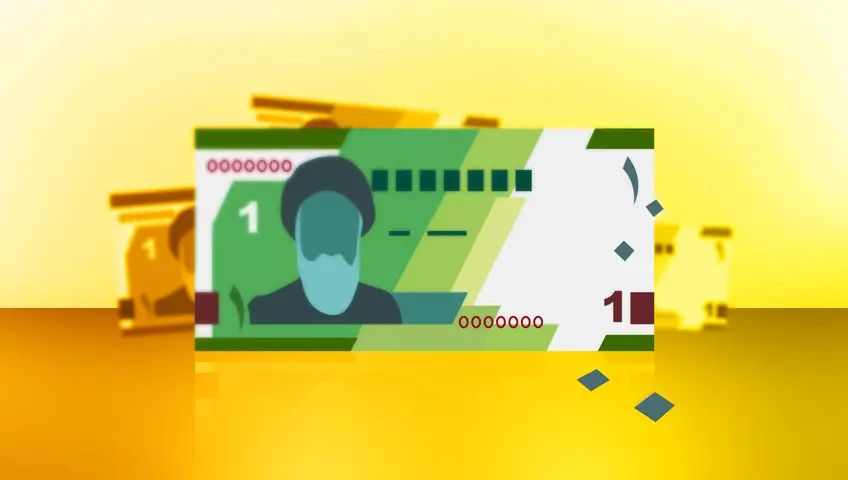Latest Articles
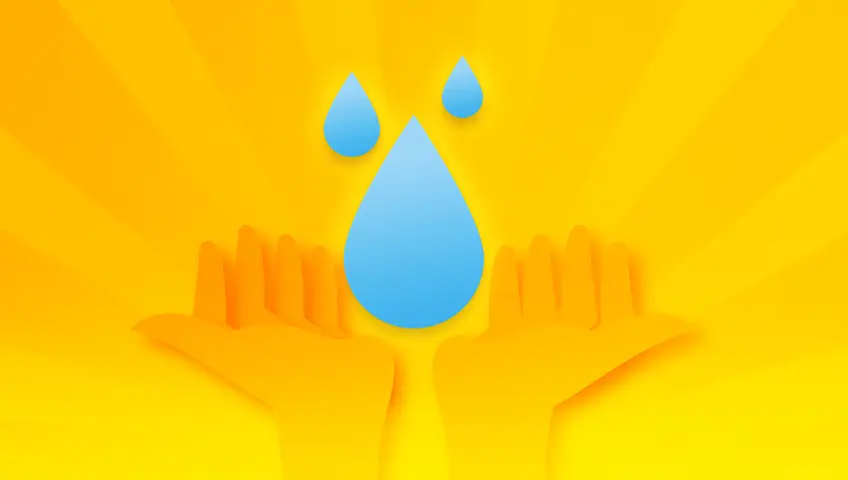
Iran Tops Middle East in Groundwater Depletion, Ranks Fifth Globally
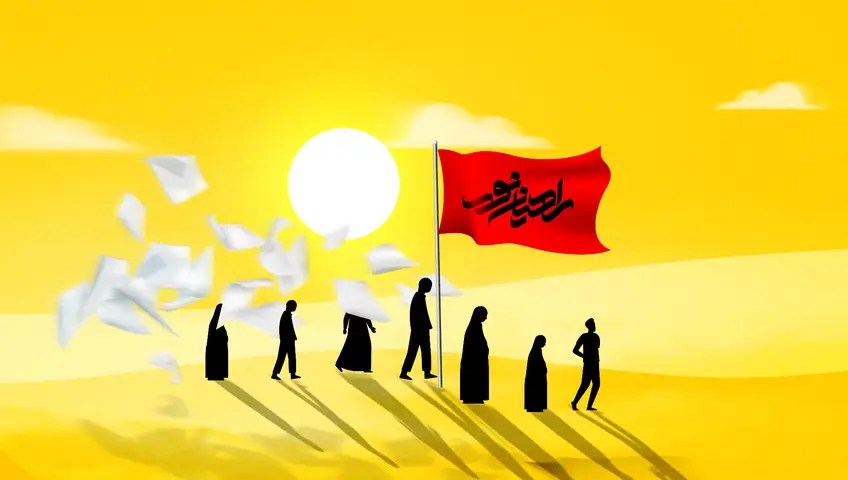
Iran boosts funding for state-backed pilgrimages after suppressing falsified data

Iran’s Crypto Mining Share May Reach 15% Amid Power Surges and Capital Flight
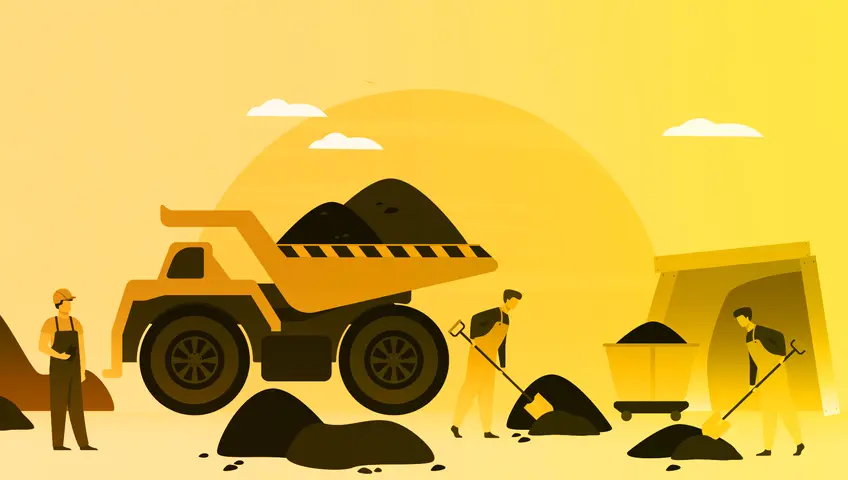
Iran’s Mining Wealth Fails to Lift Provincial Incomes

Iran’s Grain Puzzle: Output Surges, Imports Soar


